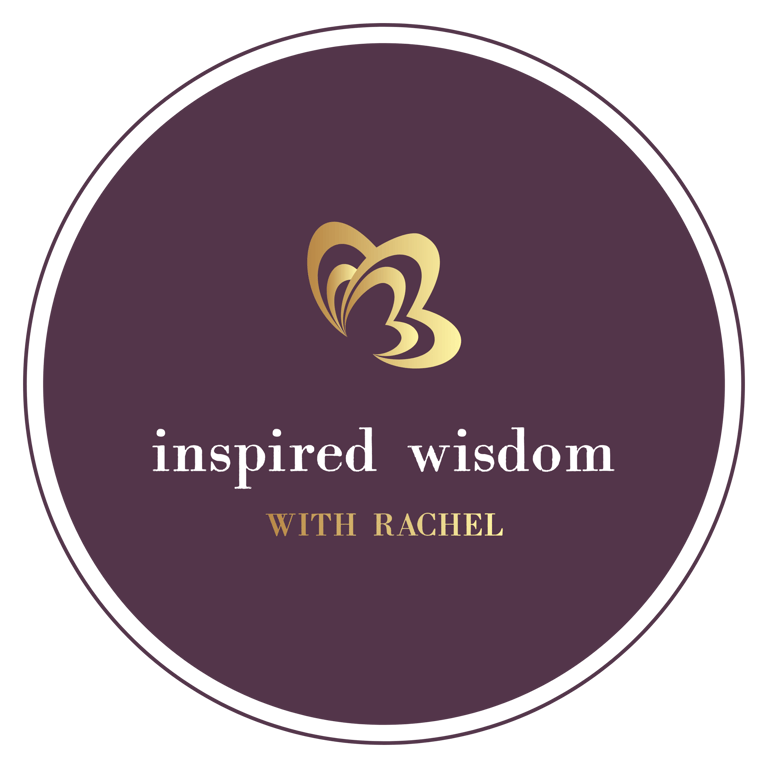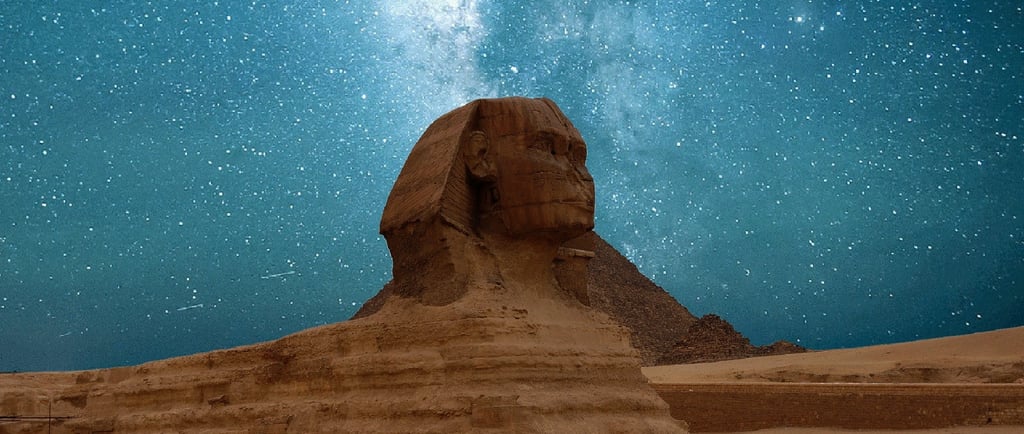Typically, when the Passover story is retold at the seder, the narrative is about the Jewish slaves who chose to escape. We don't focus much on the 80% of Jewish slaves who chose not to leave Egypt in the time of the Exodus. From this we can learn that while God can show us the path to freedom, we have to be willing to take that path; to want to be freed.
But why did so many of the Jewish slaves decide to continue the treacherous life they had, despite witnessing the miraculous events that God unfolded before their eyes? The typical reason given is that they refused to leave because they feared pursuing a future of the unknown and instead chose to stay in the only life that felt familiar to them, however horrible it might have been.
But what was really the defining character attribute that made the difference between the Jews that chose to stay behind in Egypt and the Jews that chose to leave? Hard as it was to go through slavery, the Jews that chose to leave somehow still managed to hold on to that one special characteristic that 80% of the Jews no longer had--a spark of innocence, a purity in their core that allowed them to abandon all reason and follow Moses out into the wilderness...
Nowadays, innocence is not valued much in society. Yet, it is from innocence that stems the most profound gifts that humanity has to offer; such as humility, faith and trust, unconditional love, heroism, appreciation and gratitude. The voice of reason or the ego doesn't have a chance when a person is compelled by even a tiny spark of innocence.
But when a person has no innocence left, their voice of reason becomes their god. There is nothing to trust, nothing to believe in or live for, nothing to aspire to or hope for. It's a dark life without the profound attribute of innocence. Any light that we see in others and in the world around us is this spark of innocence. It is the direct bond that we have to God Himself.
It is no coincidence that the Jewish people are compared to the most innocent of all animals—the sheep, capable and willing to follow. And God is considered our Shepherd, the One we are guided by and the only protection we have. Without innocence, we lose a life of direction and purpose, living only to focus on survival.
Innocence renews us, filling our spirit with hope and inspiration, giving us the energy we need to move forward even when we are physically weary from hardship. This is how the Jews who left Egypt had the strength to do so, and why the Jews who chose to remain in Egypt missed out on experiencing the greatest event of human history.
We see that spark of innocence carried out throughout the different characters in the Torah who we look up to and learn from. Like Nachshon, who went straight into the sea until the water reached his nose, having every bit of trust that God would split the sea when the Egyptians came after the Jewish slaves who departed Egypt. Or our forefather Abraham who at a young age had the innocence to wonder...to ask questions about life and ultimately come to the awe-inspired belief that there was one God who ruled over the whole universe. Or our matriarch Rachel, who showed us her spark of innocence and taught us what altruistic love looks like when she spared her sister Leah from embarrassment by allowing her to marry the man Rachel was destined to marry. Each of these characters in the Torah, and many others, embodied greatness that we can now emulate.
We each can reclaim that spark of innocence that is deeply buried within each of us, unleashing the potential for it to dramatically transform life and be an inspiration to others for generations to come. May we nourish and protect our attribute of innocence like the greatest treasure of all. And through it, may we experience the ultimate redemption...


